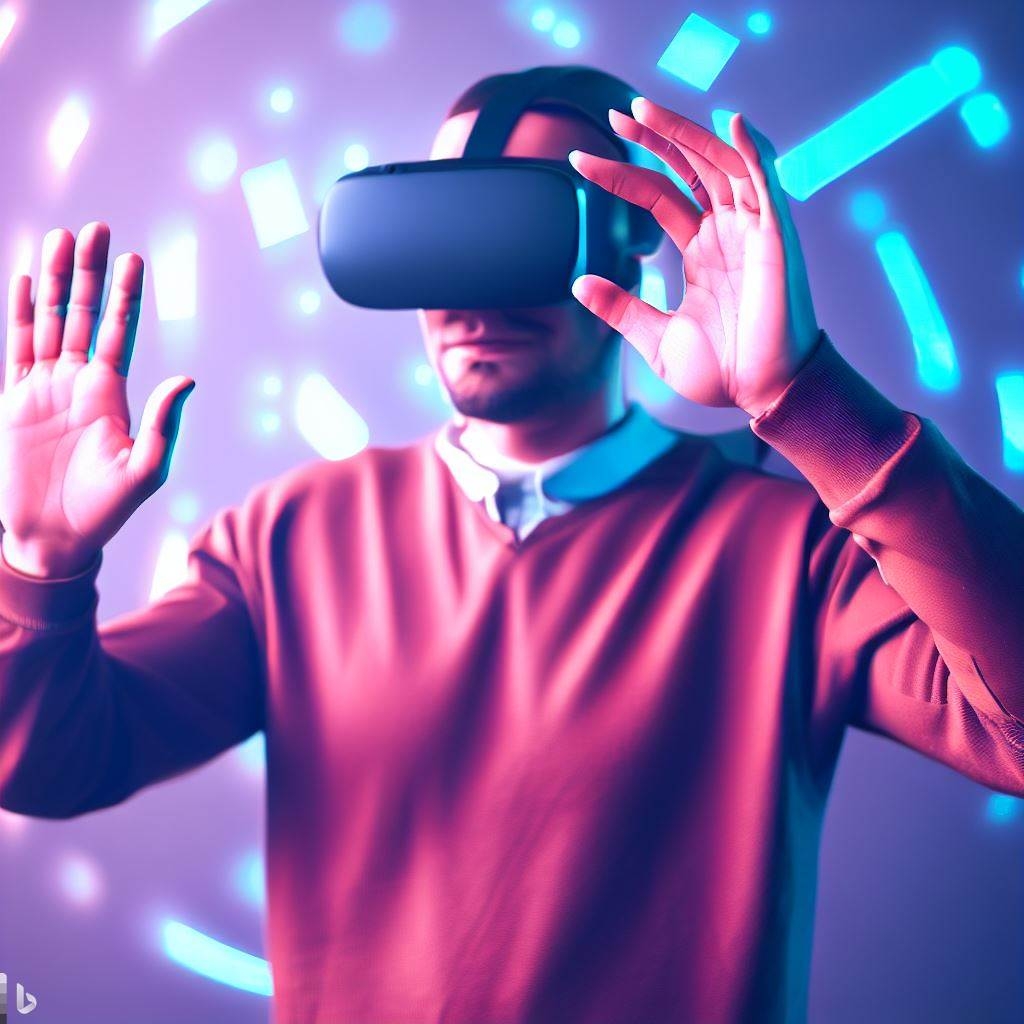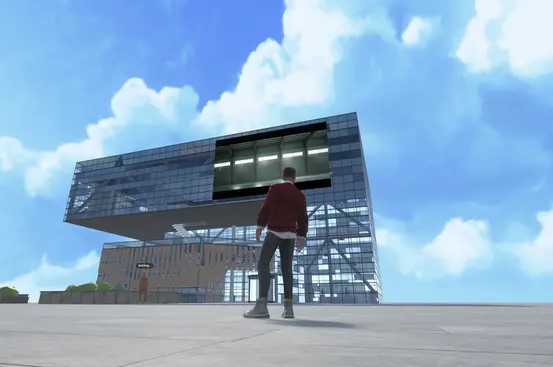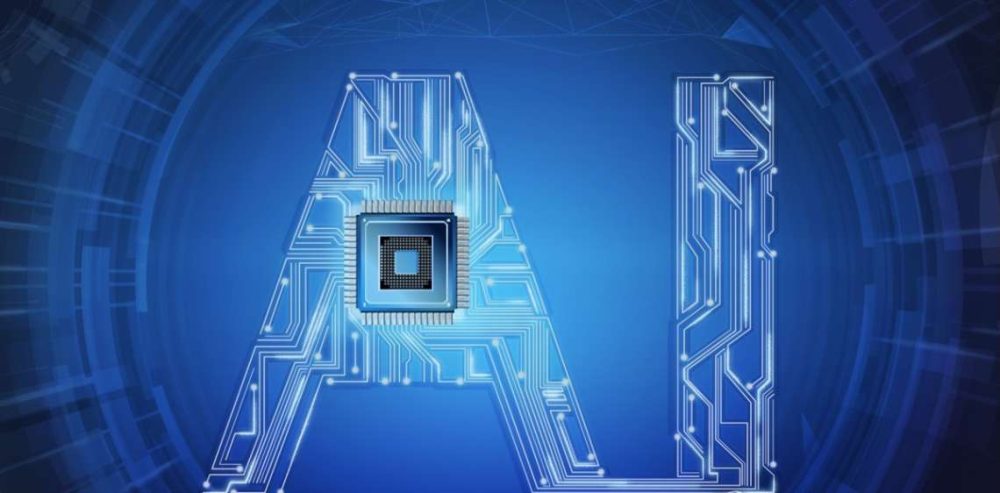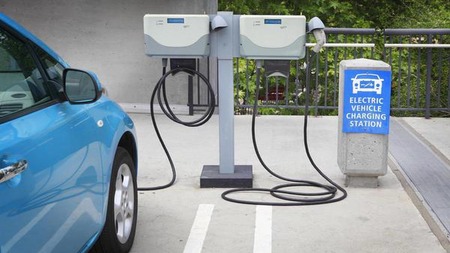They also factored in the amount of energy that increasing usage would consume. The modelling suggested that within 30 years, the technology would be adopted by more than 90 per cent of the population…reports Asian Lite News
Metaverse — the virtual 3D environment in which the physical and digital worlds converge — can help lower the global surface temperature by up to 0.02 degrees Celsius before the end of the century, suggests a study.
The study, published in the journal Energy & Environmental Science, showed that by 2050 the metaverse industry could potentially lower greenhouse gas emissions by 10 gigatons; lower atmospheric carbon dioxide concentration by 4.0 parts per million; decrease effective radiative forcing by 0.035 watts per square metre; and lower total domestic energy consumption by 92 EJ, a reduction that surpasses the annual nationwide energy consumption of all end-use sectors in previous years.
These findings could help policymakers understand how metaverse industry growth can accelerate progress towards achieving net-zero emissions targets and spur more flexible decarbonisation strategies.
Metaverse-based remote working, distance learning and virtual tourism could be promoted to improve air quality.
In addition to alleviating air pollutant emissions, the reduction of transportation and commercial energy usage could help transform the way energy is distributed, with more energy supply going towards the residential sector.
“We try to understand, from the energy and climate perspectives, how this particular technology will be helpful,” said Fengqi You, professor in Energy Systems Engineering at Cornell University.
“We’re basically trying to predict the future, so we have to use a very rigorous systems analytics approach to understand all the statistical significance, all the possible pathways, and decipher all the data and information that is out there to find out the impacts in energy, in climate, in environment and also in economics and technology,” You added.
The team used Artificial Intelligence-based modelling to analyse data from key sectors — technology, energy, environment and business — to anticipate the growth of metaverse usage and the impact of its most promising applications: remote work, virtual travelling, distance learning, gaming and non-fungible tokens.
The researchers projected metaverse expansion through 2050 along three different trajectories — slow, nominal and fast — and they looked to previous technologies, such as television, the Internet and the iPhone, for insight into how quickly that adoption might occur.
They also factored in the amount of energy that increasing usage would consume. The modelling suggested that within 30 years, the technology would be adopted by more than 90 per cent of the population.
However, You noted, the metaverse can only do so much.
“This mechanism is going to help, but in the end, it is going to help lower the global surface temperature by up to 0.02 degrees,” he said.
“There are so many sectors in this economy. You cannot count on the metaverse to do everything. But it could do a little bit if we leverage it in a reasonable way.”














